Dealing with inaccurate statements on social networks
The application of social networks brings very positive effects, helping to spread information, bring information and articles of press agencies to promote articles, helping the editorial office reach readers faster, increasing interaction with the public. However, there are also many journalists who speak, comment and share content or language that is not standard and uncivilized on social networks. This has a negative impact on the psychology, even adversely affecting the lives of people around.
According to the report of the Inspection Committee - Vietnam Journalists Association at the Conference to summarize 6 years of implementing the Press Law 2016, in conjunction with 10 regulations on professional ethics of Vietnamese journalists, the Code of Conduct for Vietnamese Journalists on the Use of Social Networks: Since the Code of Conduct for Journalists was issued, the Council for Handling Violations of Professional Ethics for Journalists at all levels has also monitored and made timely recommendations on cases where journalists use social networks to post false information, affecting the reputation and honor of agencies, organizations and individuals.
With the viewpoint of "building" to "fight", the Standing Committee of the Central and Provincial Councils has prevented, discussed, dialogued, and reminded over 300 cases of members who have not properly and fully implemented the working process or have made inaccurate statements on social networks.
It can be said that social networks are considered one of the effective tools for journalists to bring their information to many colleagues and the public. However, because of the personal nature of social networks, many people have taken advantage of social networks to make profits and violate journalistic ethics. For example, a CLAH reporter from a representative office of a Ho Chi Minh City press agency based in Can Tho was fined 7.5 million VND for "Providing and sharing fake information, false information, distorting, slandering, and insulting the reputation of agencies, organizations, honor and dignity of individuals" on social networks.
Or in August 2022, the Department of Information and Communications of Da Nang city imposed an administrative fine of 7.5 million VND on a journalist who posted an article on social media with the title: "Da Nang proposes to open a "red-light district" to stimulate tourism ", with sensitive images...

Journalists need to more clearly define their responsibilities and obligations when participating in social networks.
Along with the positive aspects that social networks bring, there are also negative aspects on cyberspace, cultural shortcomings have also been clearly exposed on cyberspace. Journalist Nguyen Hoang Linh - Chief of Office of Lam Dong Provincial Journalists Association said that currently, there has been a slander aimed at discrediting press agencies and individual journalists, especially personal matters. The slander of journalists and press agencies is done in an insinuating manner, often without mentioning specific names. This could be the way journalist members deal with the 10 provisions of the Code of Professional Ethics and the Rules for Using Social Networks, and the 6 cultural criteria of Vietnamese journalists. These contents also often originate from groups with from several thousand to tens of thousands of members on Facebook.
In reality, many of these groups and associations were established with good intentions, to exchange information, journalism skills, and support each other in their work among journalists. However, some members of the groups still take advantage of these forums for personal purposes, defaming and insulting others on social networks.
According to the regulations, all issues of right or wrong must be regulated by law. Individuals have the right to report crimes and send complaints to the authorities, but they do not have the right to defame on the internet. Especially in the context that all levels of the association are enthusiastically building a cultural press environment and a culture of journalists.
For healthy development of journalism
It can be said that with the diversity of social networking platforms and the support of technology in the era of the 4.0 revolution, the way of reporting news has changed a lot, everyone has the ability to edit and publish information. Social networking account users can easily create many virtual accounts, with anonymous information they can go online to do anything, say anything, even violate the law. Making false applications, lacking ethical standards, even violating the law on social networks is considered an alarming situation. However, for those who do propaganda tasks, journalists and reporters need to have a creative spirit and be careful when reporting information.
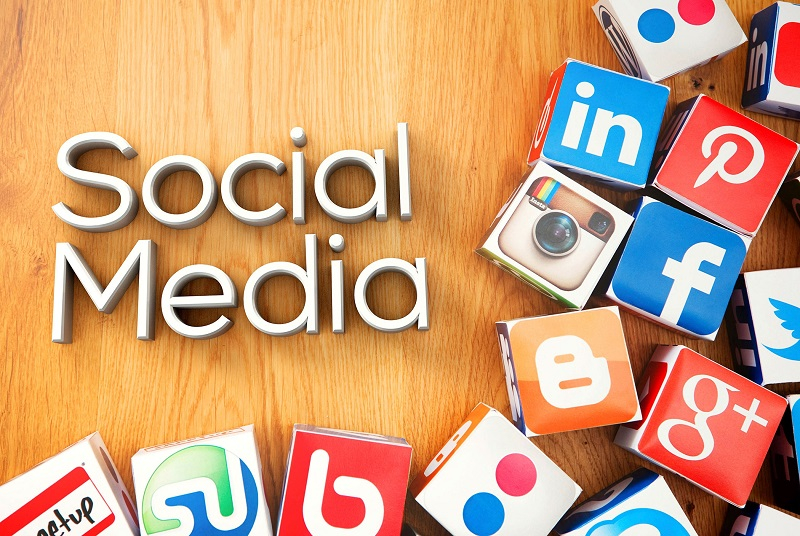
Journalists and reporters need to be creative and careful when reporting on social networks.
Journalist Hoang Ngoc Sy - Permanent Vice President of the Quang Tri Journalists Association shared that in reality, recently, a few reporters and journalists have posted articles on their personal pages, and at the same time interacted with other fanpages to provide misleading information. Many articles and comments lack direction, provide negative information, lack constructive spirit, generalize issues, use non-standard words, cause information interference, and lose the people's trust in some individuals, organizations, and state management agencies.
In fact, in recent times, in Quang Tri province, the Department of Information and Communications of Quang Tri province in coordination with the Quang Tri Journalists Association has developed a guiding document to specify the implementation of regulations on professional ethics of Vietnamese journalists when participating in social networks and other media. Rules for using social networks of Vietnamese journalists and rules of conduct on social networks. This is an orientation in line with current practice so that each journalist can more clearly define his or her responsibilities and obligations when participating in social networks, and is also the basis for handling violations of professional ethics of journalists when participating in using social networks.
The promulgation and implementation of regulations and ethical codes for journalists on cyberspace are essential to help journalism activities develop healthily. As the digital age develops, journalists when exploiting and using information on social networks must maintain their professional qualities, political awareness and have solid professional skills. The establishment of the rules for using social networks for journalists has helped create the habit of thinking and considering before speaking, commenting or sharing something online.
Sharing solutions to this problem, journalist Nguyen Hoang Linh said that the authorities need to continue to research and issue relevant documents, as a legal corridor to protect the reputation and honor of journalists when attacked in cyberspace. Everyone knows that the Internet is virtual, but its consequences directly affect the real life of each of us, society, and generations, especially the young. We not only protect the legal right to practice of journalists when working, but also have measures to protect the reputation and honor of journalists in cyberspace.
Source




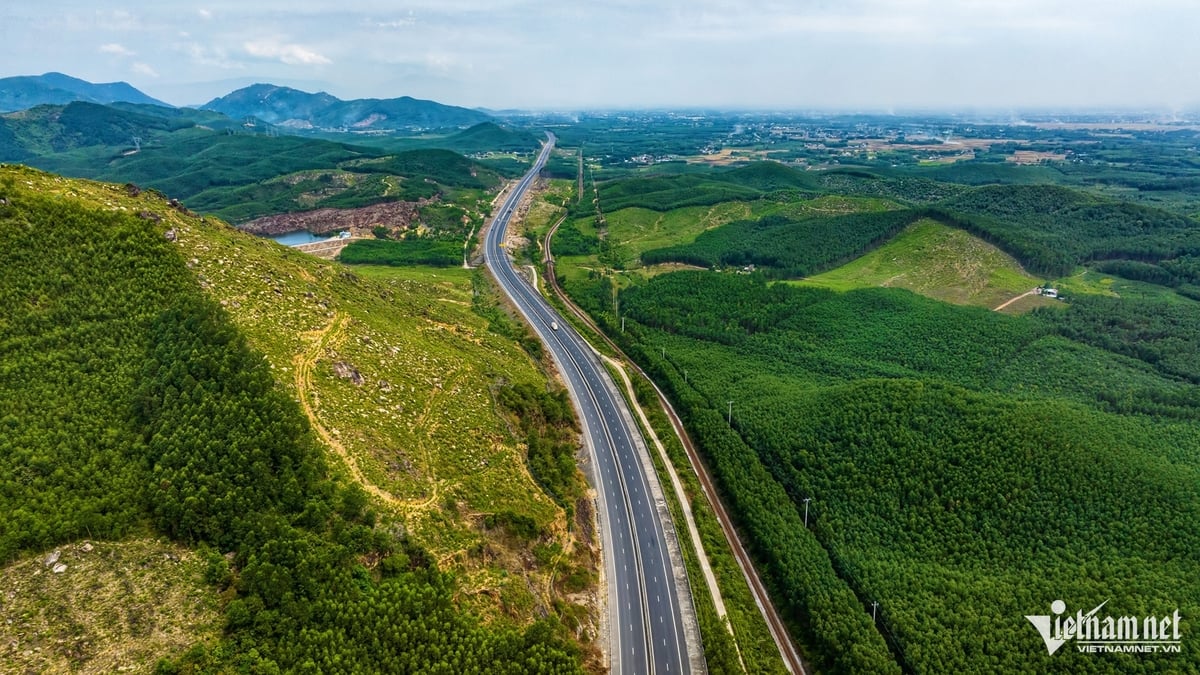
![[Photo] Close-up of Tang Long Bridge, Thu Duc City after repairing rutting](https://vphoto.vietnam.vn/thumb/1200x675/vietnam/resource/IMAGE/2025/5/19/086736d9d11f43198f5bd8d78df9bd41)
![[Photo] Panorama of the Opening Ceremony of the 43rd Nhan Dan Newspaper National Table Tennis Championship](https://vphoto.vietnam.vn/thumb/1200x675/vietnam/resource/IMAGE/2025/5/19/5e22950340b941309280448198bcf1d9)
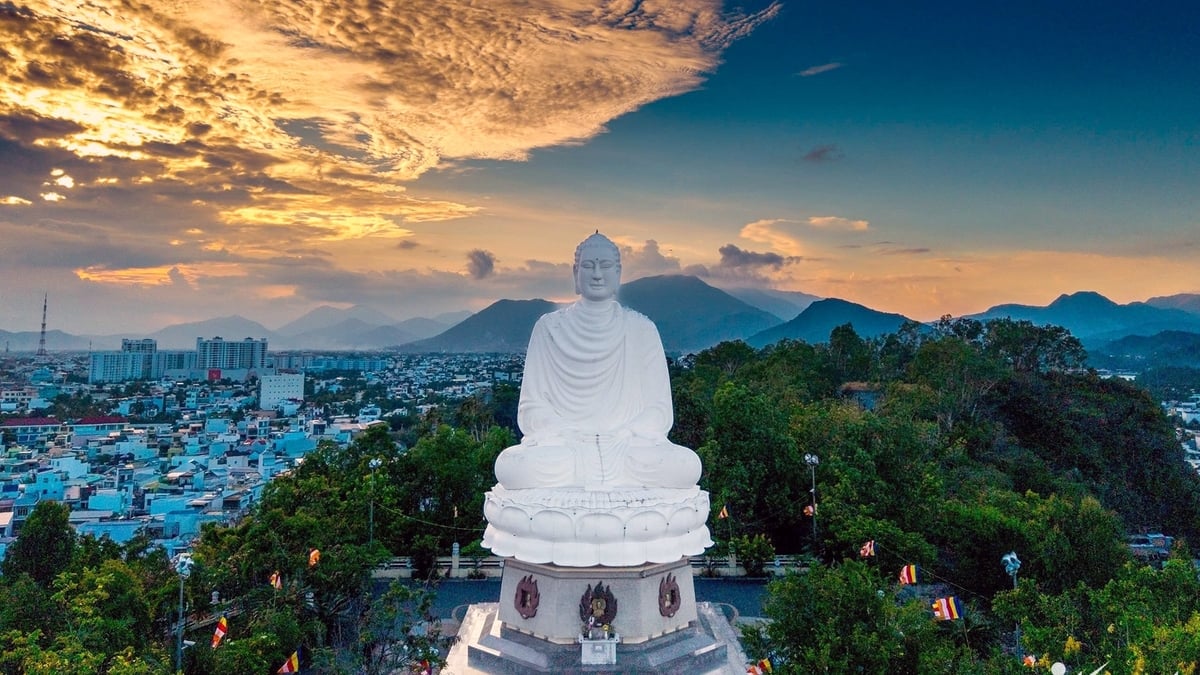
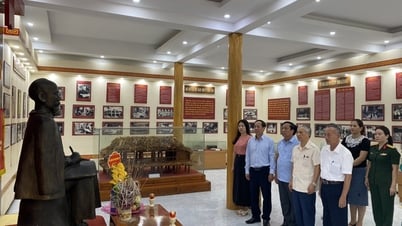







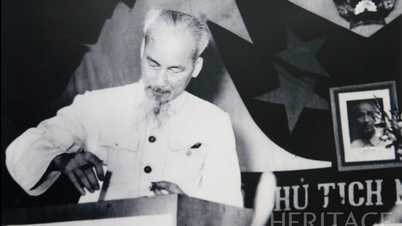



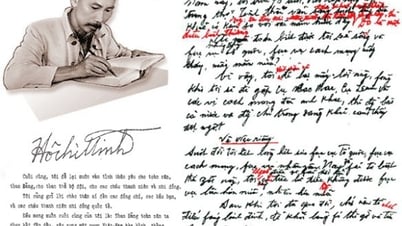




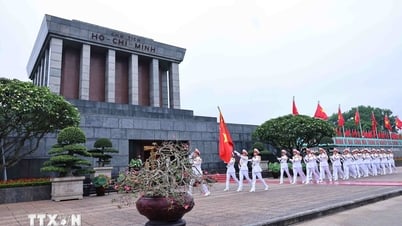











![[Photo] President Luong Cuong presents the 40-year Party membership badge to Chief of the Office of the President Le Khanh Hai](https://vphoto.vietnam.vn/thumb/1200x675/vietnam/resource/IMAGE/2025/5/19/a22bc55dd7bf4a2ab7e3958d32282c15)


























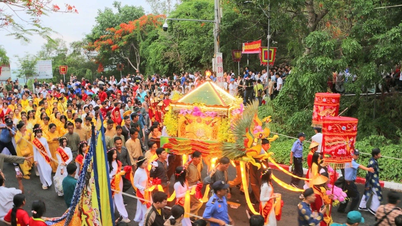















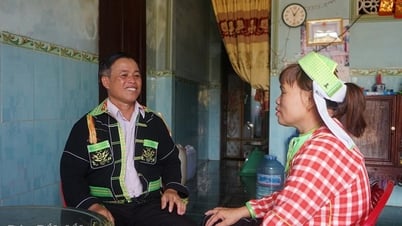

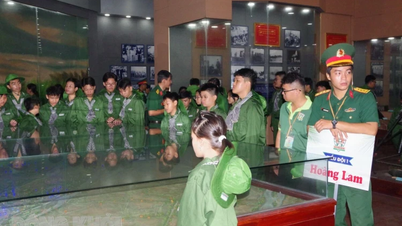



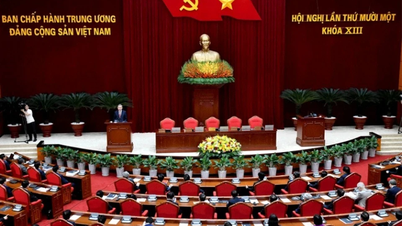

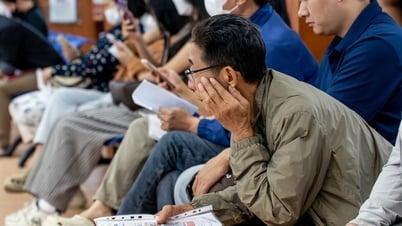

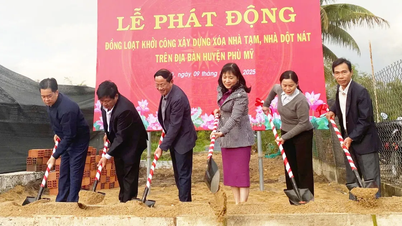








![[VIDEO] - Enhancing the value of Quang Nam OCOP products through trade connections](https://vphoto.vietnam.vn/thumb/402x226/vietnam/resource/IMAGE/2025/5/17/5be5b5fff1f14914986fad159097a677)


Comment (0)